Sophomore Marisa Estrada started high school in 2021 with plans of graduating with all her friends in 2025.
But plans change.
Now, after leaving school for a year and a half, Marisa will graduate in 2026, a year later than she expected.
“I think everything really started to change toward September of my sophomore year [in 2022],” Marisa said. “That’s when I opened up to my mom about having suicidal thoughts.”
This was important for Marisa, but was also a big step in her relationship with her mother, Lorena Estrada.
“Her talking to me was a big thing,” Lorena said. “Her saying anything was a big thing. I was just glad to have her communicate something, because I hadn’t been able to find a way to get her to open up and talk. I was just grateful. Whatever she said was better than nothing, which is what I was dealing with before. The silence was really deafening.”
According to Lorena, even after Marisa left school, despite their hopes, there wasn’t a noticeable shift.
“I was hopeful that things were going to change, but [they] didn’t,” Lorena said. “She remained very closed off and shut down. Everything became about trying to walk on eggshells around her and her mood. Not making things worse was my number one priority. I was so scared because it was already so bad. We had a family friend who committed suicide recently, and I was really afraid that Marisa would do something to hurt herself.”
Marisa was not the only one who felt like she was pulling away during her sophomore year. Senior Bailey Goldstein, Marisa’s friend since kindergarten, noticed changes in Marisa around the same time that she opened up to her mother.
“At first, she was missing a few days [of school]; then she was missing many at a time,” Bailey said. “There was even a point where I think she might have missed a full week.”
Marisa left school in March of her sophomore year. She said that year “was just her breaking point.” It all started for her when Hurricane Harvey hit Houston and her house flooded in 2017.
“My depression got really bad after [Harvey],” Marisa said. “My dad left, and I ended up developing social anxiety in middle school, which really affected me. My depression just never got better, and then COVID happened, and it got worse. Freshman year, it just stayed the same, and then sophomore year with AP classes, pre-APs and difficult stuff with my family, it all kind of just built up.”
Marisa said she felt that she started growing distant from her friends and even her family around that same time, and it got worse after she left school.
“I ended up relying a lot more on my mom and my oldest sister, but distancing myself from my friends just because I didn’t really have the energy to interact with people that weren’t directly seeing me every single day,” Marisa said. “Even then, I saw my family every day but was barely interacting with them. When I go through these depressive episodes, I really isolate myself, so I was really isolated for a year.”
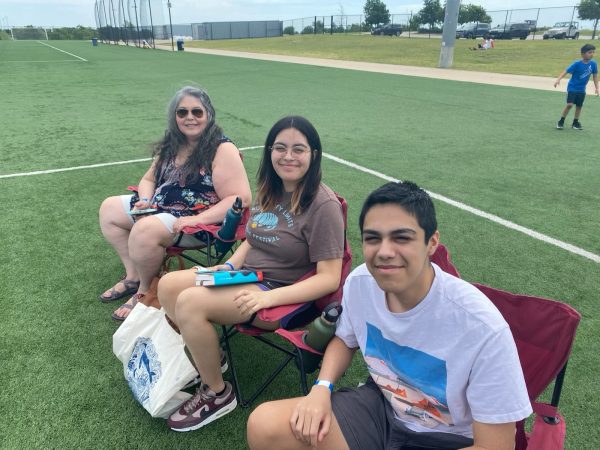
Although she and Bailey made a plan for staying connected with each other, making sure to text each other to hang out at least once a month, it took them a while to get there.
“I was angry for a long time after she left [in sophomore year],” Bailey said. “As silly as it is, looking back on it, I was jealous that she was missing so much school while I had to go every day. It was hard to understand how much she was struggling.”
After leaving school in March, Marisa enrolled in intensive group therapy and registered for Texas Tech’s K-12 program to recover credits.
“Because of just how bad [my mental health] was, I wasn’t really able to do much work, so I ended up not passing classes,” Marisa said. “A lot of it was therapy, trying things, trying new medications and trying to get work done for school, but it just took a lot of time.”
She experimented with different forms of therapy both before and after she left school, two of them being intensive group therapies, and found that the first one seemed to work for her a bit more. She attended group meetings five days a week for 2-3 hour sessions, where the members shared daily struggles, encouraged and got feedback from each other. They would also have individual sessions with the group therapist once a week.
“I really liked my group members,” Marisa said. “They were all really supportive, and I felt really connected to them. It was before I left school officially, but that type of therapy really worked for me, because it was a smaller group and it wasn’t as long of a day. I still felt like I had a semi-normal life.”
Marisa said she felt at her lowest the summer after she left school. She would only leave her room when absolutely necessary, and was “barely getting up to eat and do basic tasks like showering.”
“It felt awful,” Marisa said. “I felt really alone, like I had no one to turn to [except] my mom and my sister. It was just unbearable sadness. I just felt so exhausted and drained, and there was nothing that I could do to make it better. Mentally, it was just constant overwhelming [feelings] of negative thoughts, like no matter what I did, I was just like, ‘I don’t want to be here. I don’t want to do anything. I want to be alone.’”
Even with all the emotions she was experiencing, she did learn how to use the mechanisms she had acquired from group therapy to cope with these feelings.
“I used to listen to really sad music when I was crying, so I would just turn off all my music, take my headphones off, and just feel my emotions,” Marisa said. “Like where do I feel the emotion in my body? It’s mainly my shoulders. If I had a color, what would it be?’ It’s usually orange for me. Where does it go? How do I feel?’ Just being aware that it’s happening and that it’s gonna pass.”
The summer after sophomore year, Marisa decided that she was not prepared to come back to school for her junior year. Instead, she chose to try online school again, although she still was not mentally ready for that either. During that time, she focused more on improving her mental health. Bailey said that she was supportive but was still sad she wouldn’t be seeing Marisa regularly for the next school year.
“I think I was mostly disappointed,” Bailey said. “I, in general, spent less time with my original group of friends because it was my first year of IB, therefore I had a different orientation of classes. So I didn’t feel the loss quite as much, but I missed her face at school functions and lunch.”
After spending the latter half of 2023 improving her mental health, Marisa said she started to feel better in January.
“The first day that I noticed I felt better was a random day in January, I think, where I had woken up abnormally early for me,” Marisa said. “I went into my kitchen, I pulled out all my tea stuff, because I like making tea, and I just made myself a pot of tea for no reason at all. I just sat there listening to music and drinking [tea], and all of a sudden I was like ‘Wait, I feel more calm, like there’s not a bunch of crazy thoughts going on in my head, and everything just feels a lot better.’ I still had some struggles after that but it was a lot easier just getting up every morning.”
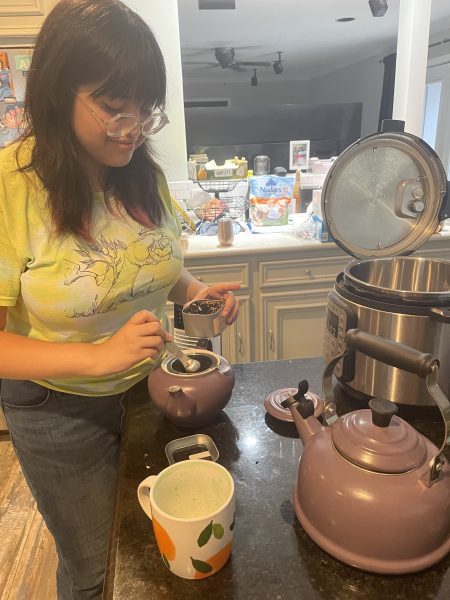
During that summer, Marisa chose to come back to school so that she could be there for all her friends’ senior year.
The first week of school, Marisa was trying to get registered for all her classes and re-enrolling at Bellaire, but after the first week she was finally able to attend, entering the school system now as a sophomore.
She is taking junior level classes and recovering her sophomore year credits through Grad Lab, with the hope of graduating in 2026.
She said that although coming back has been difficult at times, she forces herself to get up every morning for school.
“Since getting better, I’ve had the fear of getting worse again, and I knew that if I didn’t get up and I didn’t come to school, that I would get worse again,” Marisa said. “So the only choice I really have is to go and to try, because if I give up now, then I’m gonna fail.”
Marisa’s school counselor, Sarah Ray, supported her through her transition back to school.
“I’m proud of her for giving it another chance and showing up when there [are] still some struggles that she’s dealing with,” Sarah Ray said. “I am so proud of her for using the tools that she has learned in her therapy process and implementing them into her life.”
At the beginning of the school year, she and Marisa would meet a little more often and now they meet less and less.
“I always tell her I can’t fix it, it’s not going to be fixed overnight, this is a lifelong journey that she’s going on, and to just try to recognize those feelings so [she] doesn’t go backwards,” Sarah Ray said. “I only want her to move forward and if there’s any part that I can play in that, I’m happy.”
One of Marisa’s fears though, is about next year, when all of her friends will be gone. Bailey shares this sentiment.
“[Knowing that I am leaving next year] is bittersweet,” Bailey said. “I’m excited to be moving into this next chapter of my life, but I’m sorry we aren’t doing it together. I know that school still isn’t treating Marisa especially kindly, and I’m worried that the rest of her high school experience will be lonely. I don’t know how to help her get excited about [ next year] when the people who are [here] to share the excitement aren’t there anymore.”
Marisa said she is still struggling, but is doing much better than when she left, and she has even started thinking about the future, applying for a CIEE scholarship to go to Scotland and study creative writing next summer.
“I started looking into [studying abroad], and it’s something that I’ve wanted to do since I got better,” Marisa said. “I’ve always wanted to leave the country, experience life outside of it for a little bit, so I just want to take every opportunity I can possibly get to do that. And I’m just really hopeful. Even if I don’t get [the scholarship], I think it’s a good experience to try, but I’m just really excited to maybe go out of the country and experience life on my own a little.”
Marisa’s friends and family are proud of her, but no one more than her mother.
“I just never knew that I could feel this way about any of my children,” Lorena said. “They’ve all had their accomplishments and their successes, and I’ve been so happy for them. But this is different. This is really life-changing. Marisa changed her life and I’m really proud of her for that. Proud doesn’t really even sum it up. What I feel is just so much more than that, because I know how hard this road has been for her.”
Marisa herself recognizes the journey that she has been through, “willing to see what opportunities are going to be presented” for her.
“I think for as long as I can remember, I’ve always just felt miserable, and right now, I’ve never had more hope for my future,” Marisa said. “I just finally realized it one morning, and it just felt like there was a little bit of sun.”



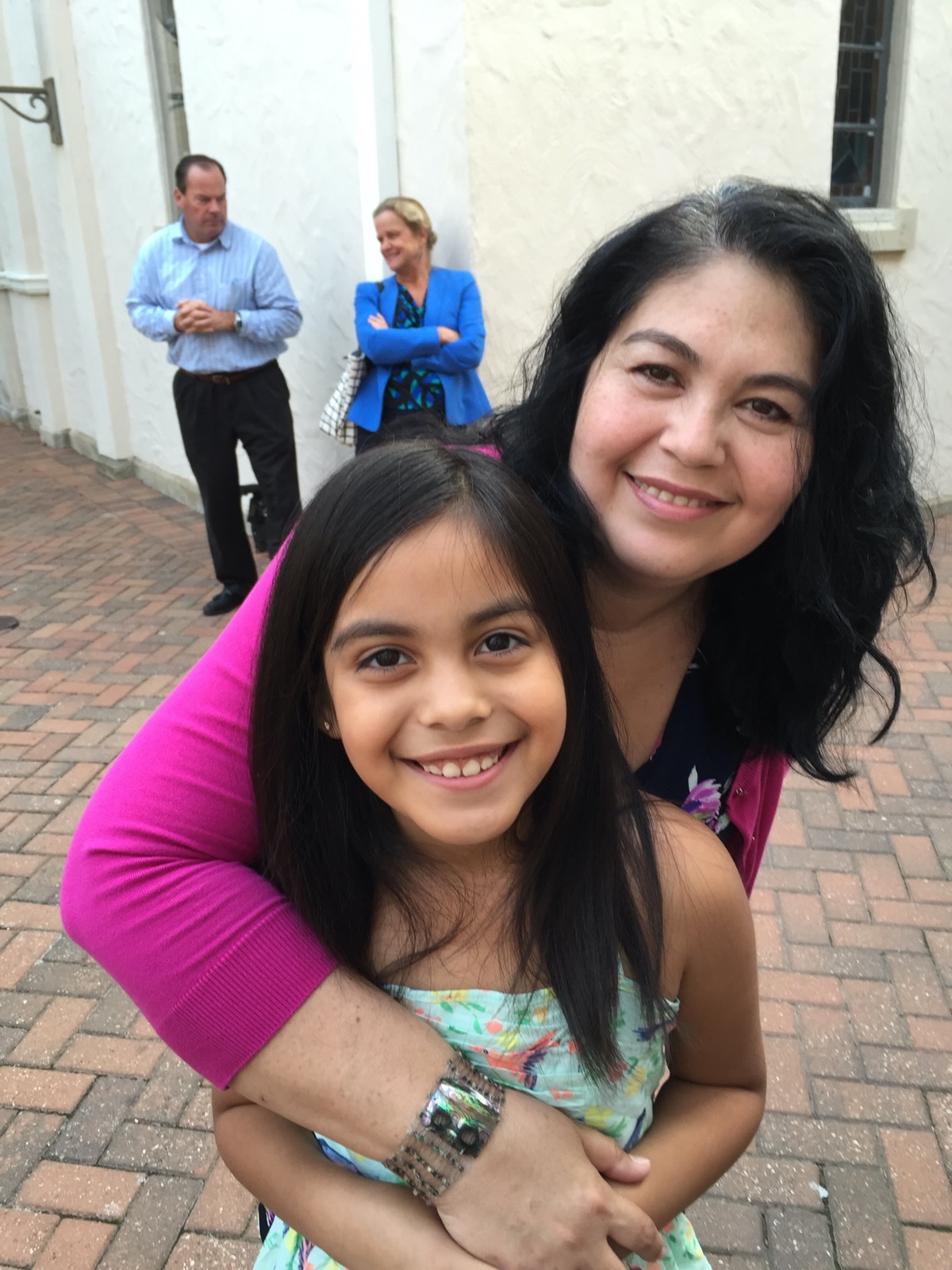

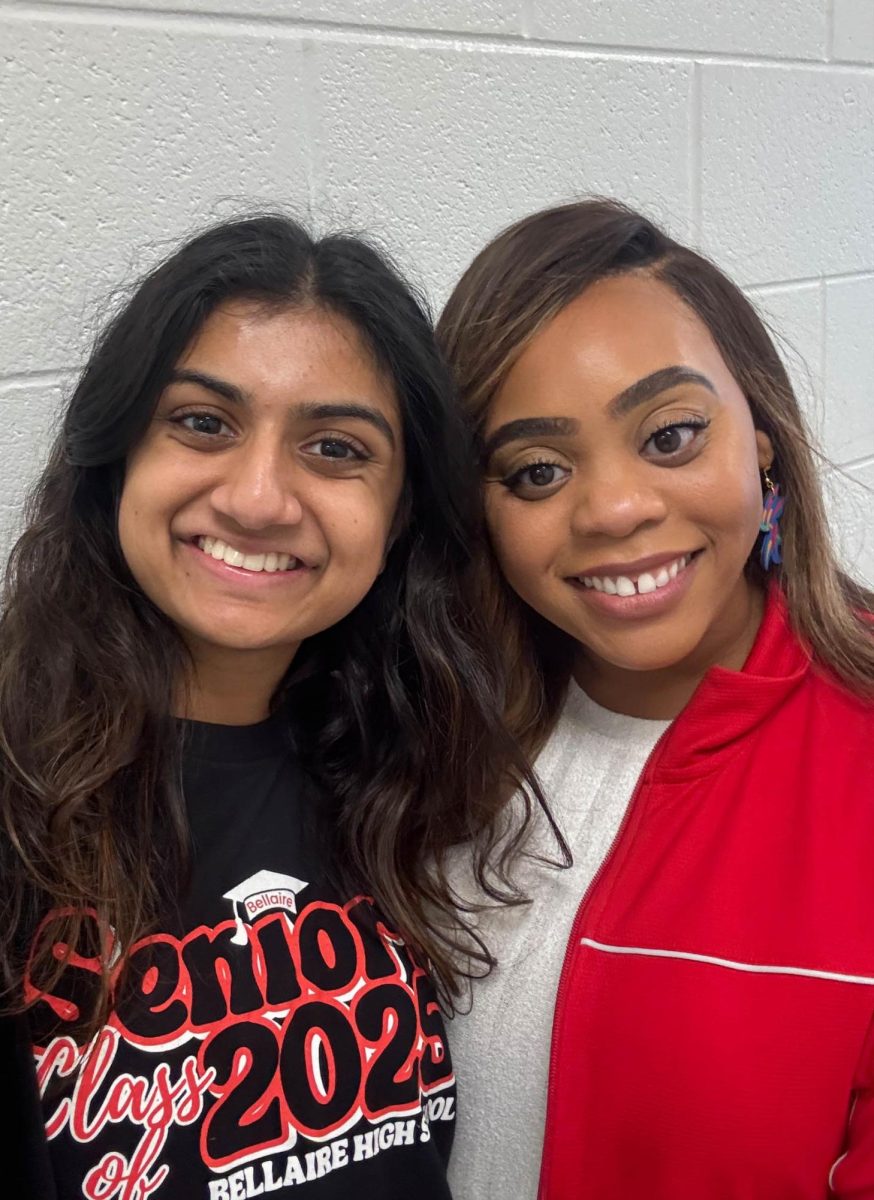
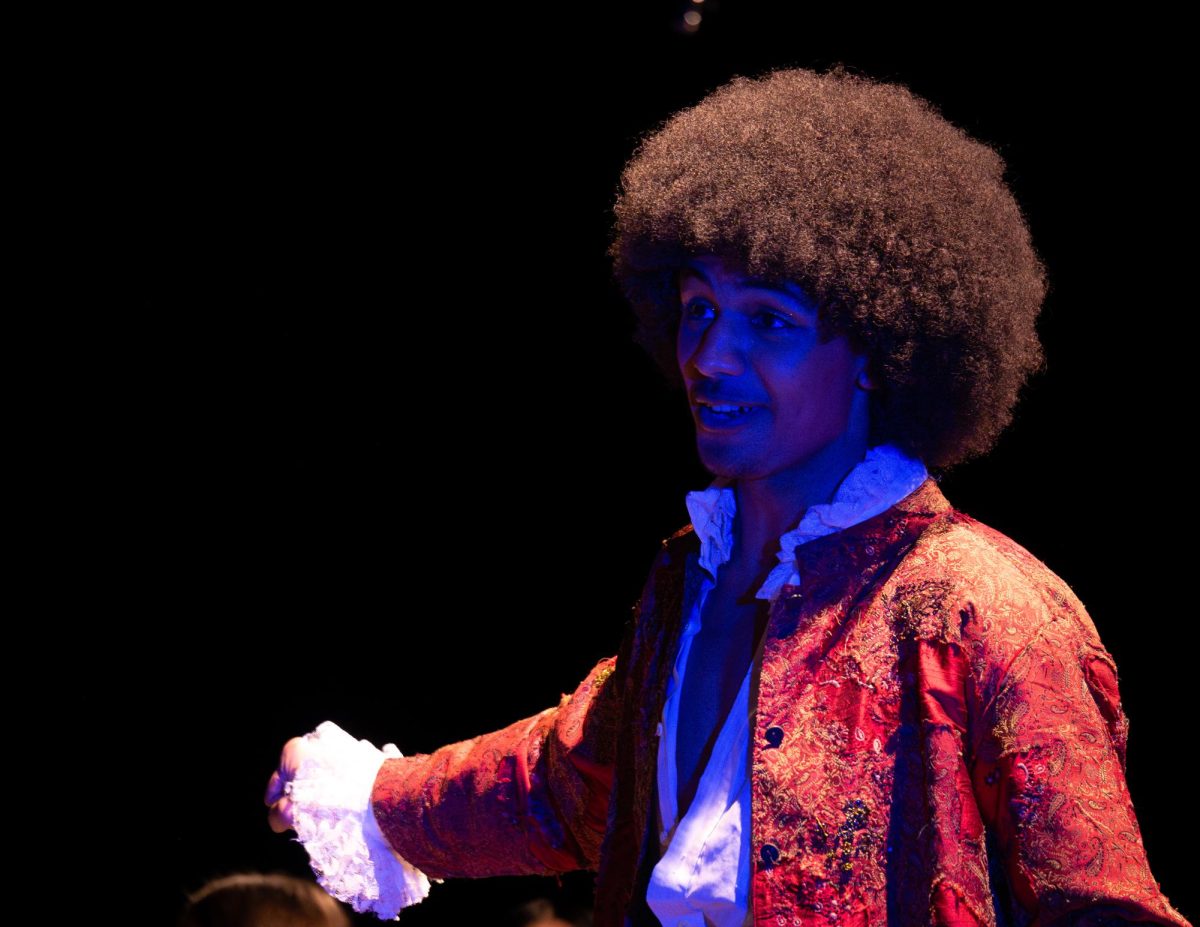
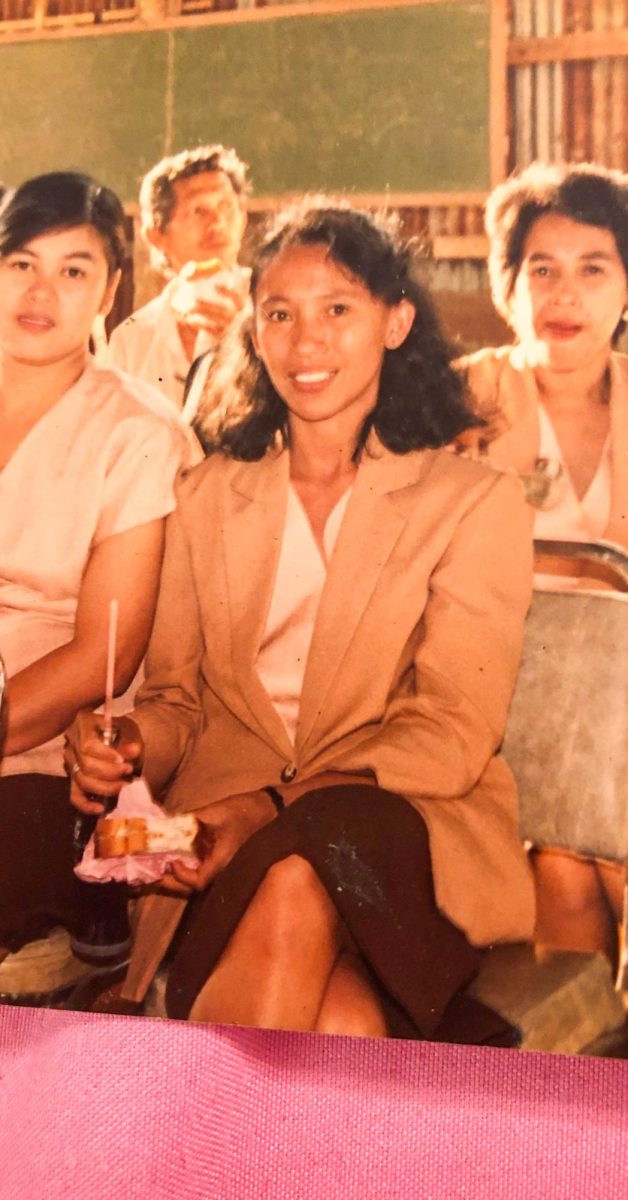
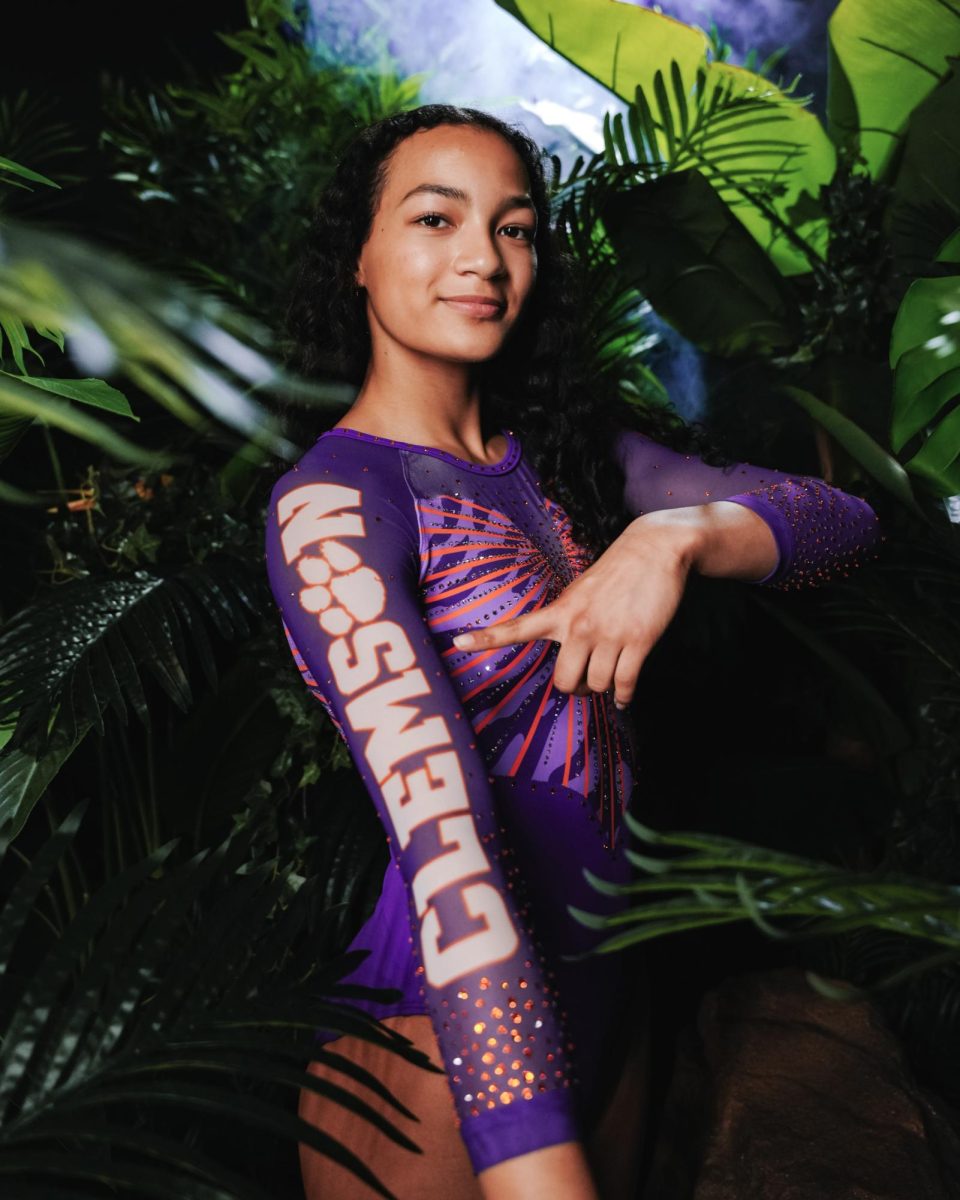
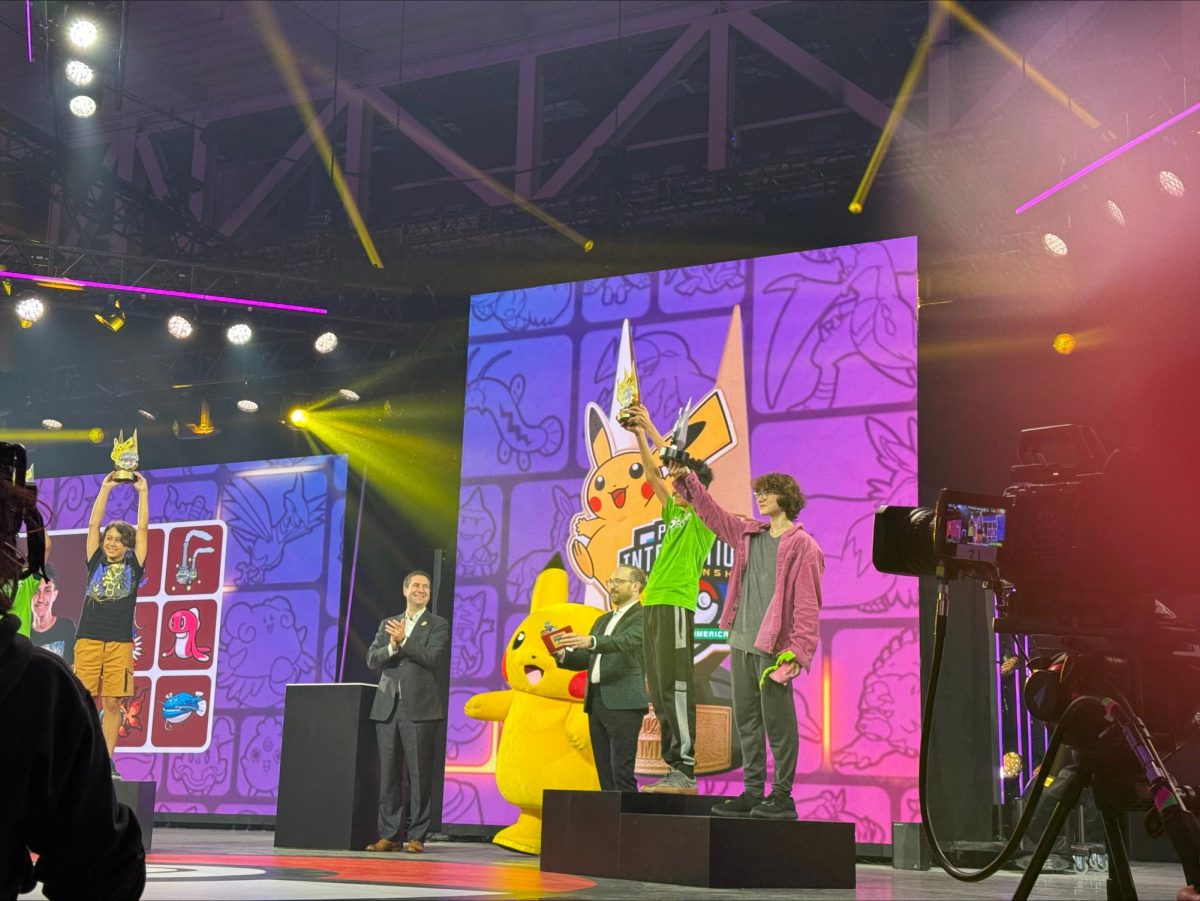
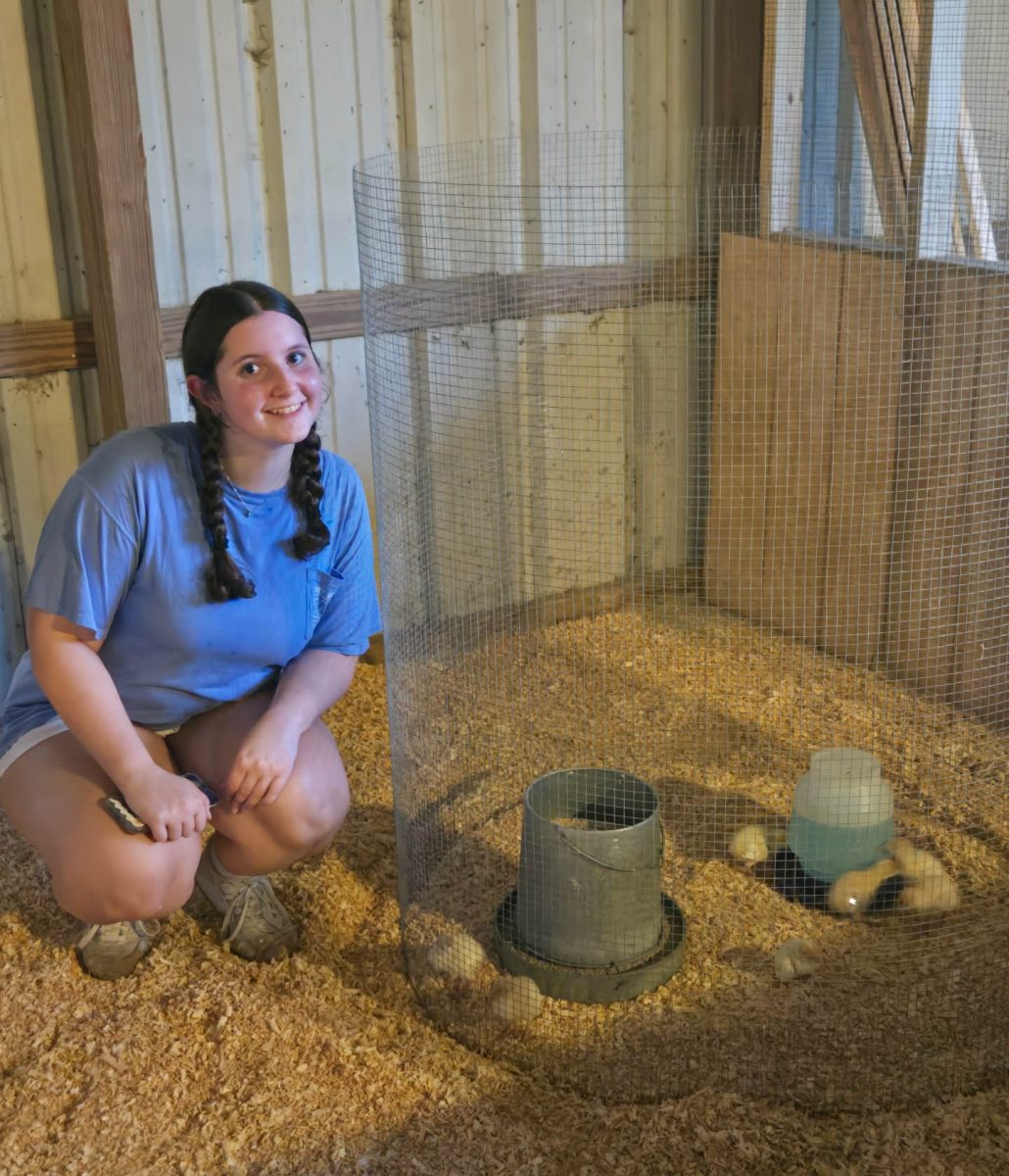
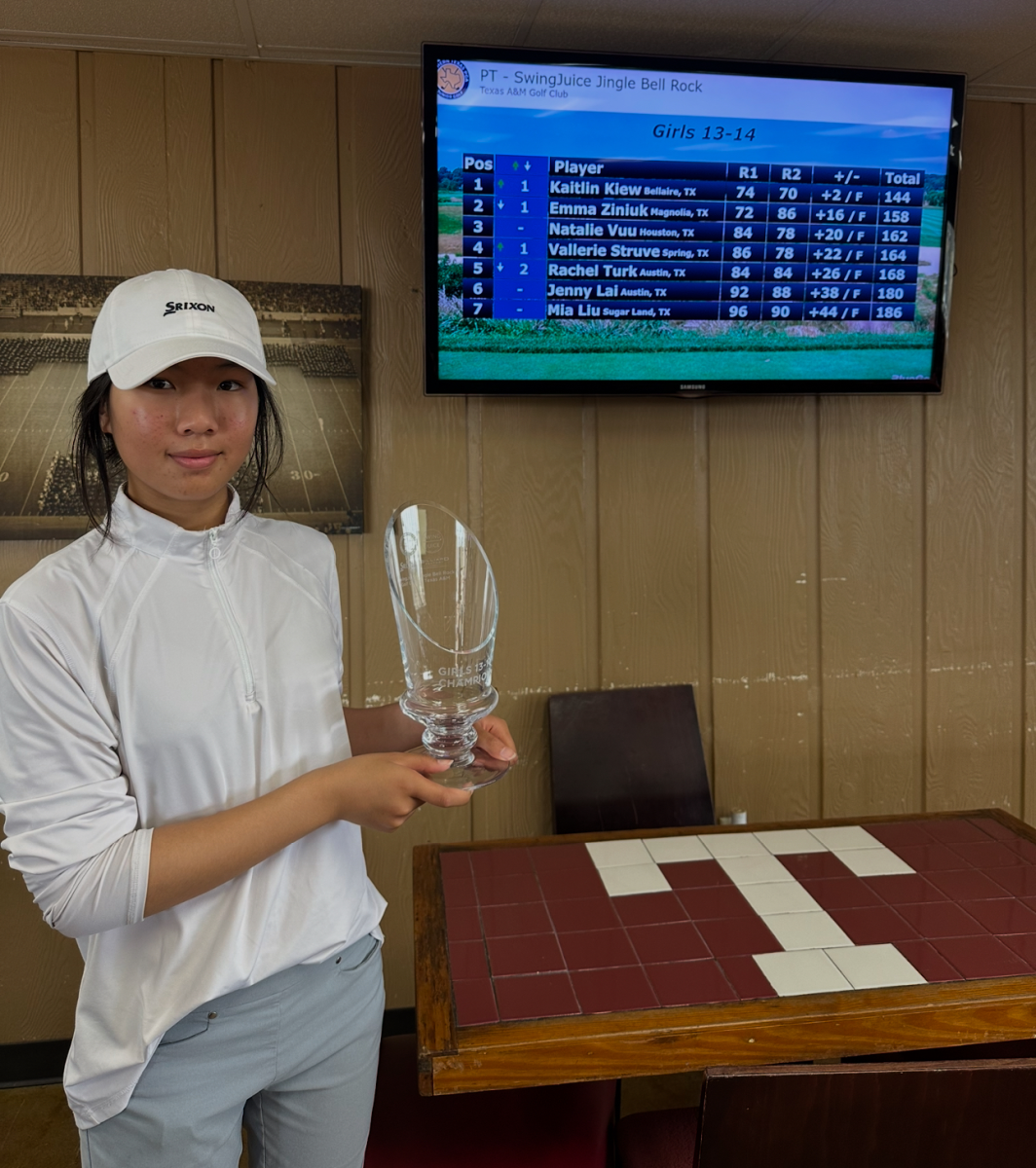
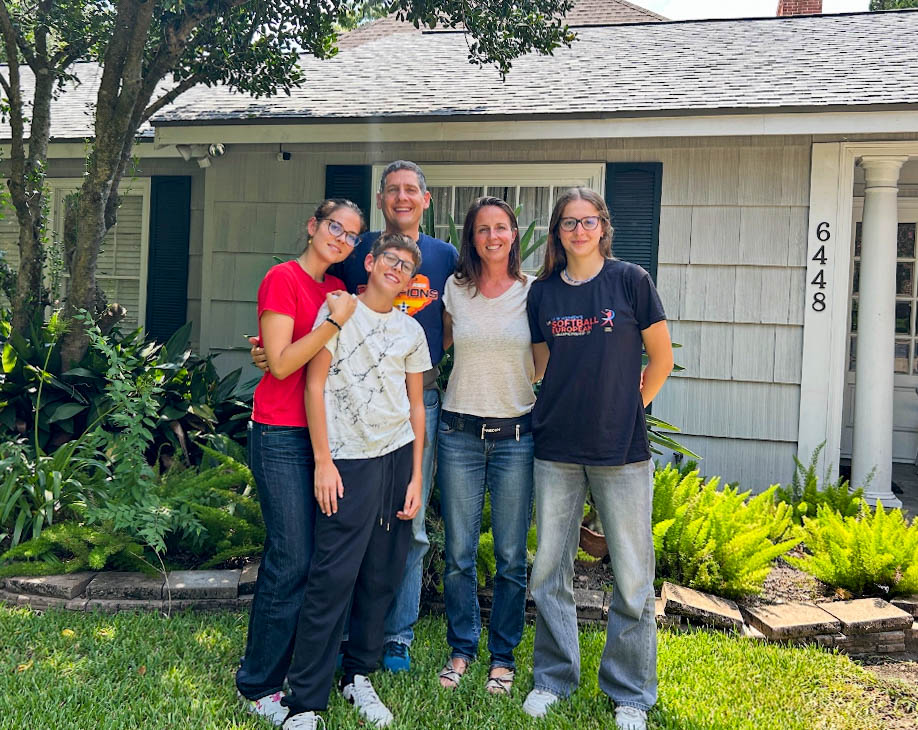
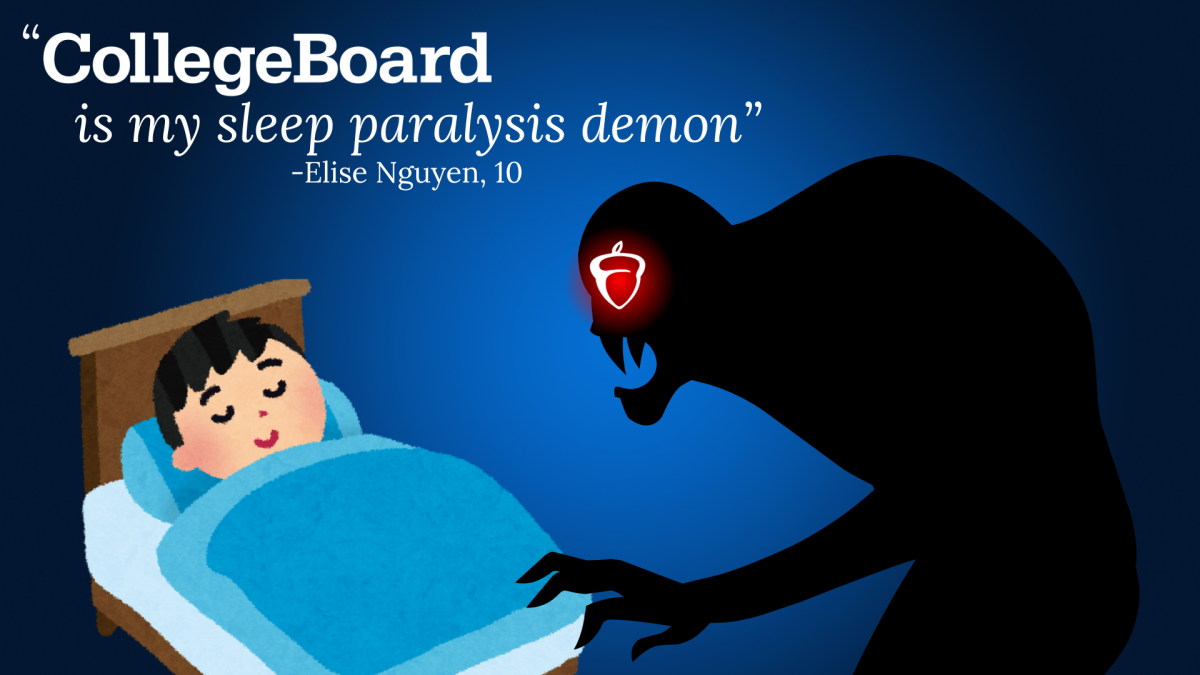
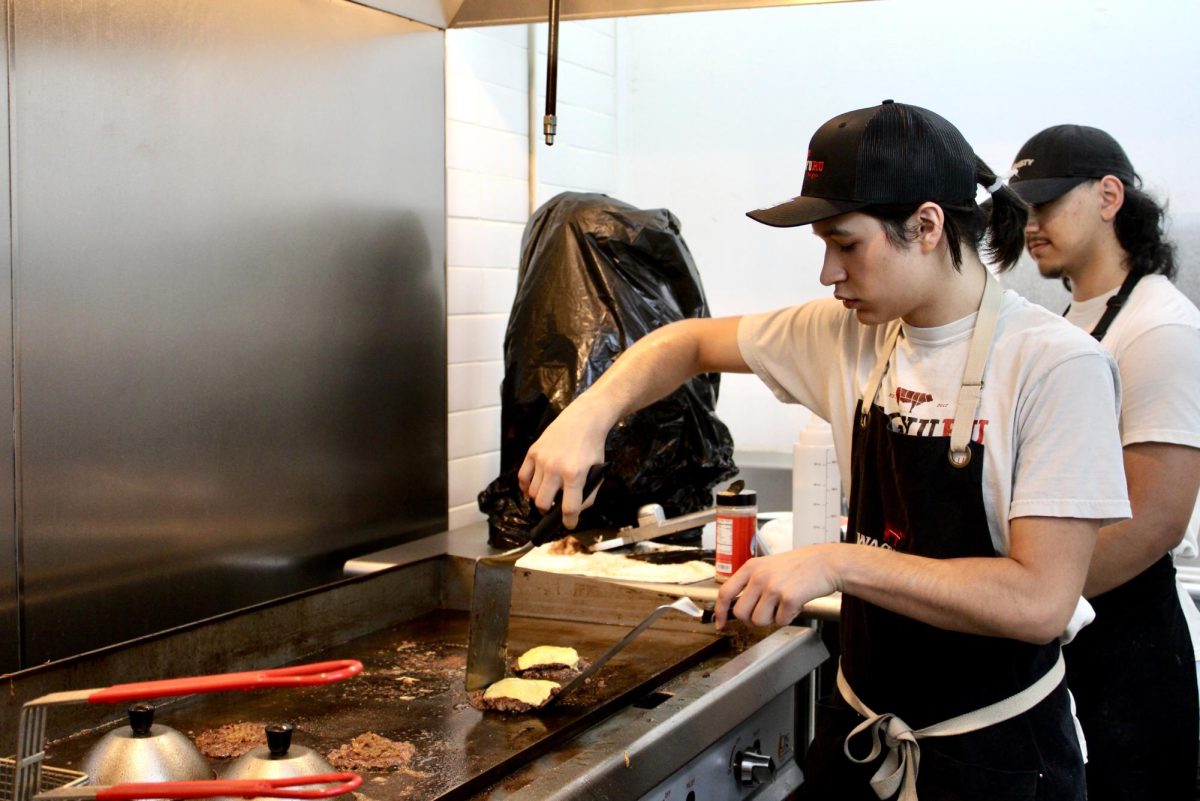
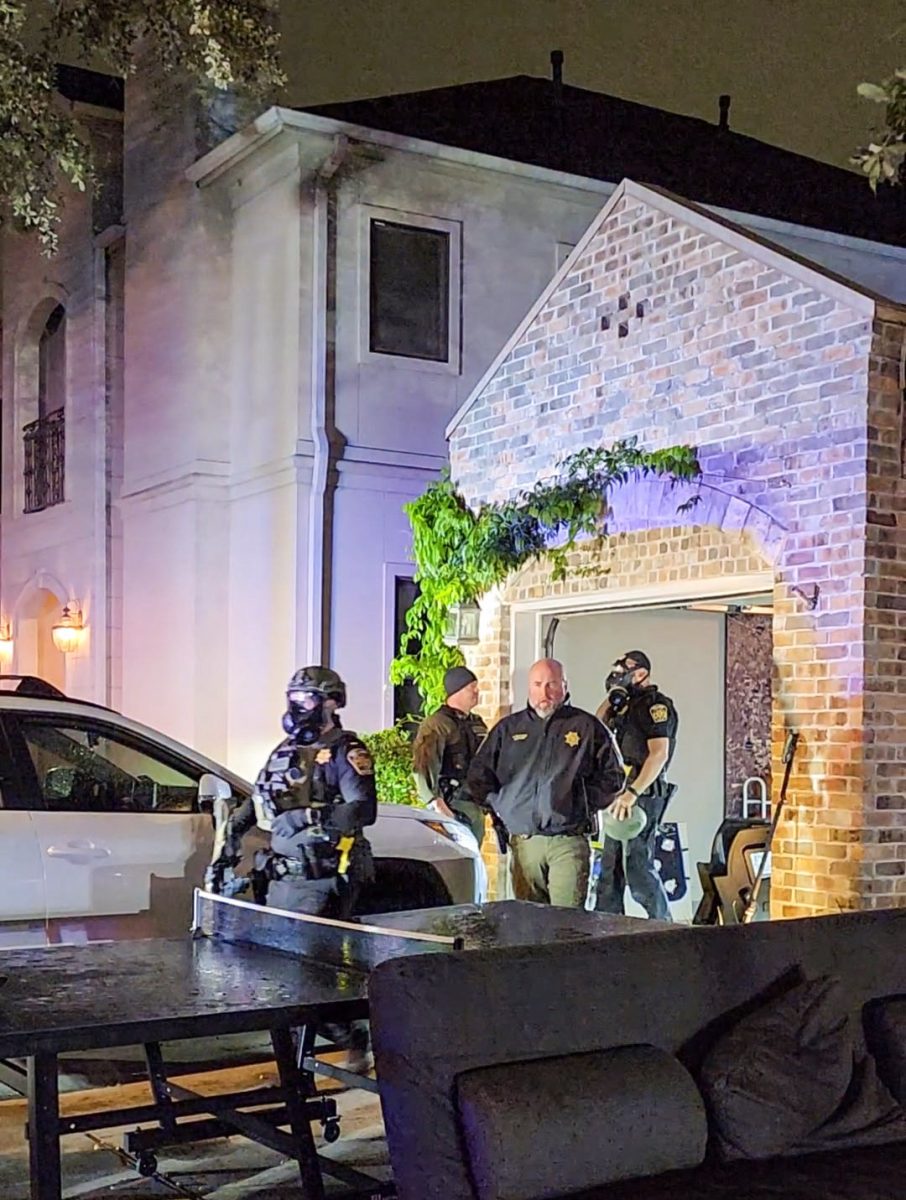
Ellie Zacharia • Nov 19, 2024 at 6:23 pm
This is so beautifully well written and so meaningful!! Amazing job Tango!
Annabelle Sellars • Nov 4, 2024 at 1:58 pm
Marisa is the best ever she is so awesome. I’m so glad to hear that she is doing better and I love the way this was written!
Ishani Kaushik • Nov 4, 2024 at 12:03 pm
Such a beautiful story, Tanvi. This is amazingly written and I’m so glad Marisa was able to share it with us 🙂